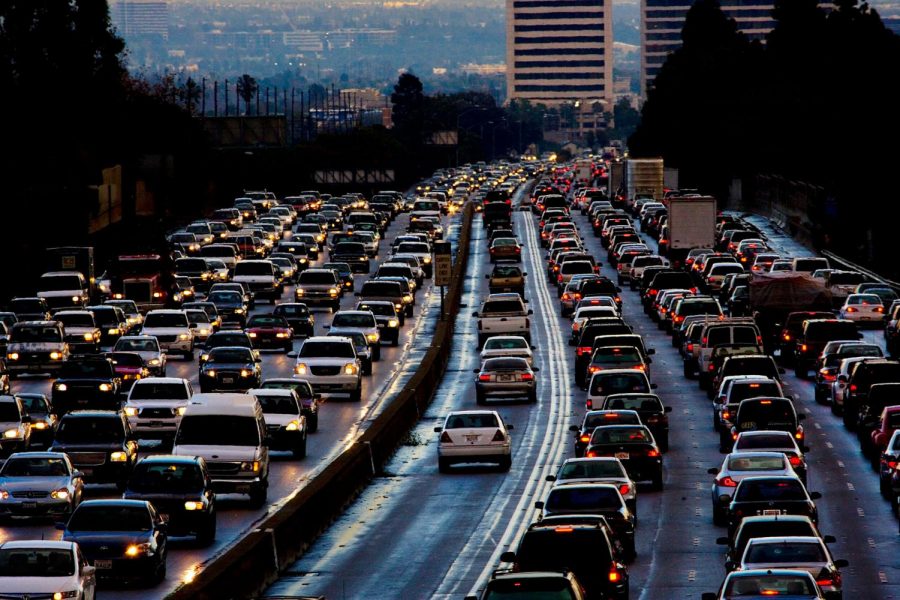Department of Justice Inquires into Pact Between California and Automakers
September 11, 2019
As the Trump administration has continued in its mission to roll back Obama-era environmental protections, states have responded with their own measures to compensate for the lack of federal regulations. California is one of these states pursuing new environmental protections, which has caused the state’s leaders to clash with the Trump administration.
One of these new statewide policies is a voluntary agreement between California and four major automakers: Honda, Ford, Volkswagen, and BMW. It aims to set fuel economy standards to a point higher than the Trump administration’s regulations, but lower than Obama’s. This new state agreement has motivated the automakers involved to create vehicles of a higher fuel economy to meet states’ fuel economy standards, instead of splitting the domestic auto market into multiple sections tailored to both federal regulations and state standards.
The Department of Justice inquiry claims that by signing this agreement with California, these automakers are violating antitrust laws made to protect consumer choice. Additionally, letters from attorneys of the Environmental Protection Agency and the Transportation Department to California’s Senior Air Official, Mary Nichols, claim California’s standardization efforts, which can potentially influence the automobile market nationwide, are overstepping their boundaries under the Clean Air Act. They also argue that such powers only belong to Congress, and finalizing the agreement appears “unlawful and invalid.” The Trump administration seems to be set on a course to nullify California’s authority to set carbon emission standards for vehicles and regulations requiring automakers to produce more zero-emission vehicles.
California state leaders have remained defiant against the threat in response to the Trump administration’s efforts. California Attorney General Xavier Becerra has stated that the state “will continue its advance toward a cleaner future. We’re prepared to defend the standards that make that promise a reality.”
Governor Gavin Newsom has also weighed in, stating that “the Trump administration has been attempting and failing to bully car companies for months now. California stands up to bullies and will keep fighting for stronger clean car protections that protect the health and safety of our children and families.”
Despite resistance from California, the Trump administration has remained adamant in deterring new companies from joining the agreement; automakers under the threat of legal action, such as Mercedes-Benz, have decided not to join the agreement.
The acting director of the U.S. Office of Management and Budget, Russ Vought, has defended the President’s actions to fight against the agreement by framing the situation as “a handful of irresponsible automaker… aiding California’s radical agenda that will hurt every one of us. California is trying to impose its failed policies on the rest of the country.”
As the legality of state jurisdiction over carbon-emission standards comes into question, automakers have gotten caught in the middle of a political feud that will not only influence the automobile industry, but environmental goals for the future.
Photo courtesy of CNBC.COM

